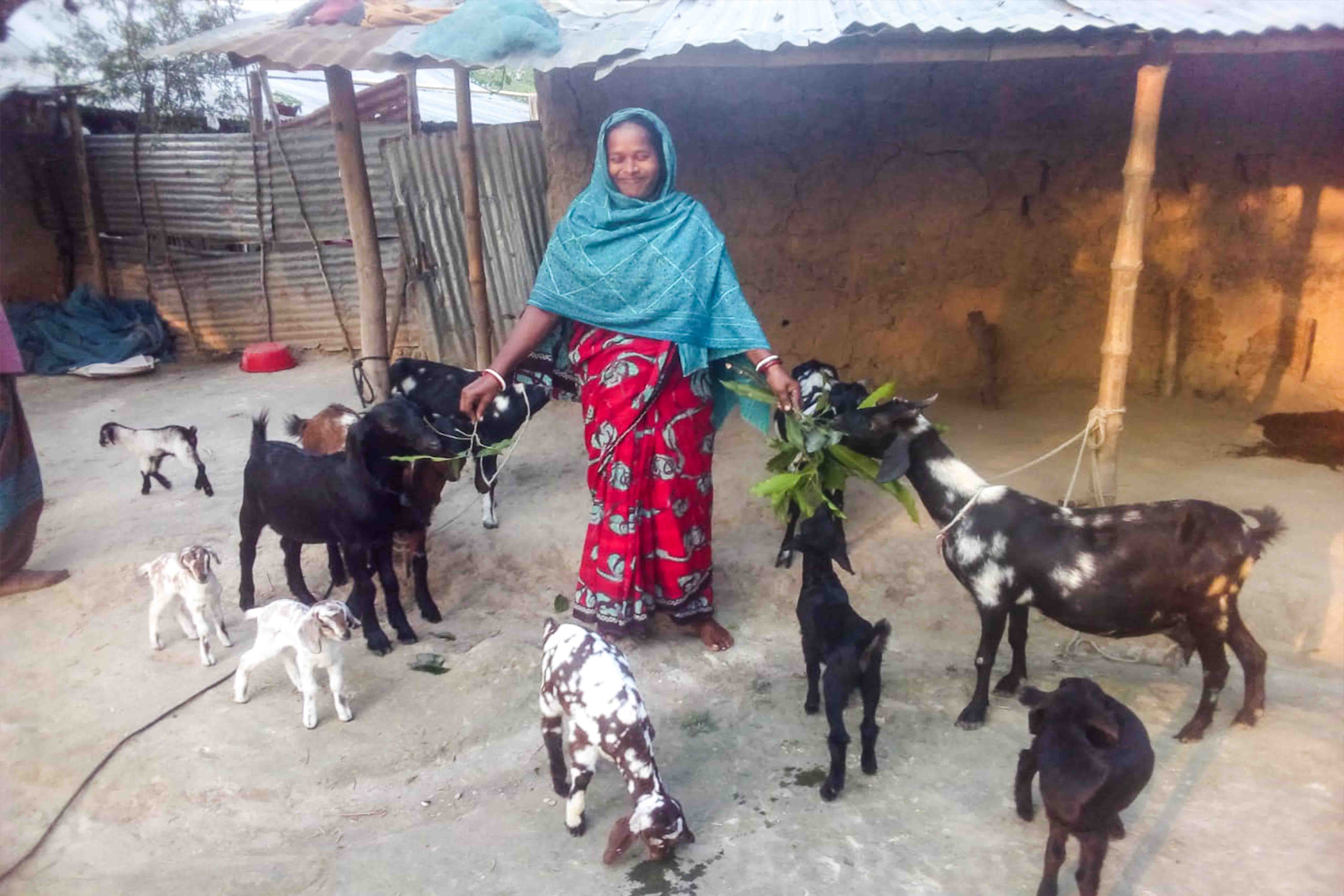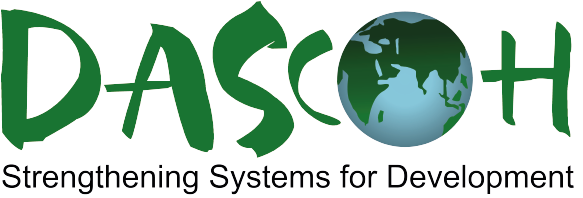
Project Name: Resilience to Economic Volatility of Indigenous and Vulnerable populations through Empowerment (REVIVE) 2
Project Implementation Period: 01 July 2021 to 30 June 2023
Funding Agencies: HEKS/EPER
Project Areas: Manda, Niamatpur and Dhamuirhat Upazila of Naogaon district
Total Project budget: 25,448,225
Project goal/objective: To contribute to the economic recovery and resilience of indigenous and other marginalized communities in north-western Bangladesh.
Outcomes:
Outcome-1: Improve the hygiene practices of Adibashis and other marginalized communities of North-western Bangladesh.
Outcome-2: Enhance sustainable livelihoods and resilience of the Adibashis and other marginalized communities living in the North-western Bangladesh.
Outcome-3: Improve waste management system for reducing environmental degradation and creating alternative livelihoods.
Outcome-4: Promote social inclusion for the Adibashis and other marginalized communities and improve human rights situation.
The DASCOH Foundation launched the "Resilience to Economic Volatility of Indigenous and Vulnerable Populations through Empowerment (REVIVE)" project in June 2021 in Bangladesh's Chapai Nawabganj and Naogaon districts. Supported by the Embassy of Switzerland and the Swiss Agency for Development and Cooperation (SDC) through HEKS/EPER, the initiative aims to enhance economic recovery and resilience in the north-western region. Aligned with SDC's C-19 Recovery, Social Cohesion, and Climate initiative, the project focuses on sustainable livelihoods, climate resilience, social empowerment, and human rights for marginalized communities.
Due to SDC funding constraints, the project is set to conclude on June 30, 2023. Recognizing the need to sustain its impact, a proposal for follow-up support has been submitted to HEKS/EPER. The proposal suggests extending assistance until December 2023 for the 4,650 beneficiaries, ensuring continuity in income-generating initiatives and preventing the loss of acquired knowledge and assets.The follow-up support aims to maintain momentum in economic empowerment and resilience-building among beneficiaries, capitalizing on skills and resources gained during REVIVE. This extension is crucial for upholding project objectives, promoting economic recovery, social cohesion, and climate resilience in the Barind region. With the World Health Organization declaring an end to the global health emergency caused by COVID-19, an extension beyond the original end date is not possible. Therefore, the follow-up support project becomes essential for the long-term well-being and empowerment of the indigenous and vulnerable populations targeted by REVIVE, contributing significantly to sustained development and positive community impact. During the REVIVE project, a two-year initiative launched in response to the severe job crisis caused by the pandemic, various measures were taken. Local youths were provided internship opportunities, creating new job opportunities in different trades. Technical skills training was imparted, resulting in trained youths creating their own employment. Women's platforms were established in 15 unions, actively working on issues related to women's rights, preventing violence, child marriage, and advocating for social security benefits. The project reinforced the importance of adaptive management strategies and highlighted the need for sustainable market connections in future projects to ensure the long-term viability of economic activities.




